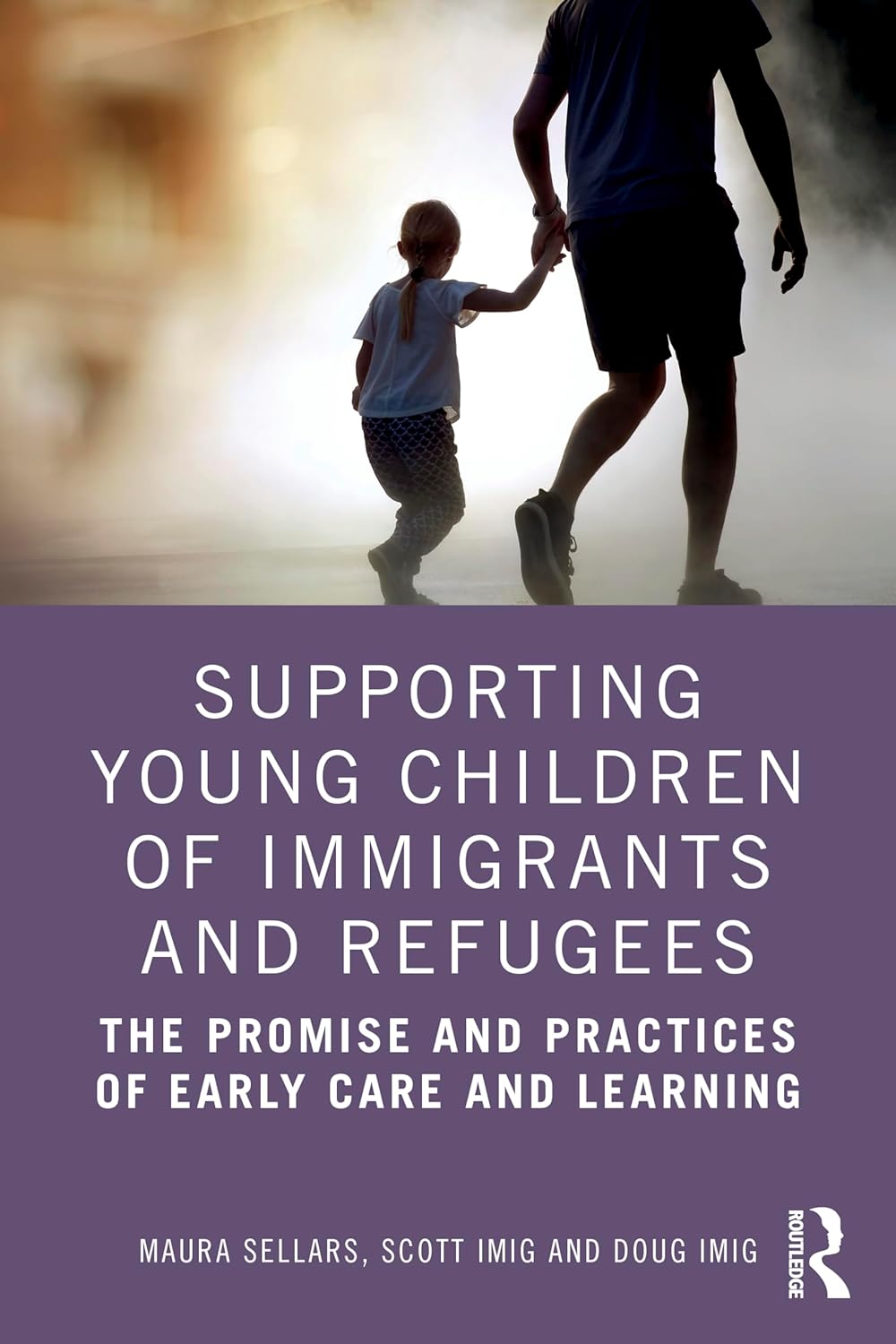This text offers a comprehensive portfolio of approaches to support young children with refugee backgrounds. It covers trauma informed pedagogies, transitioning to school, authentic inclusion, play, social and emotional learning, and intergenerational trauma.
In early childhood centres around the world, teachers and directors can be uncertain of how to meet the needs of newly arrived children. Based on empirical research in five countries, this book offers insights from early childhood educators who are working hard to support families and young children with refugee and asylum-seeker experiences. It illustrates the link between theory and practice and the importance of developing culturally sensitive classroom strategies to effectively support the emotional and cognitive needs of multilingual, multicultural students whose common experiences may only include displacement, trauma and loss. Rather than offering a measure for ‘success’, this book shares the knowledge and experience of practitioners who understand the work and the very particular circumstances of these children’s lives. The authors bring these perspectives together in order to inspire other professionals who face this challenging work, encouraging the reader to reflect, to consider how relevant some of the ideas may be in their own contexts and to contemplate the principles which allow their professional actions to make a difference.
This book is an essential resource for early childhood educators and leaders who want to ‘open the door’ to genuinely inclusive, empathetic and supportive practice. It will be of great interest to researchers and post-graduate students in the fields of early childhood and primary education.

